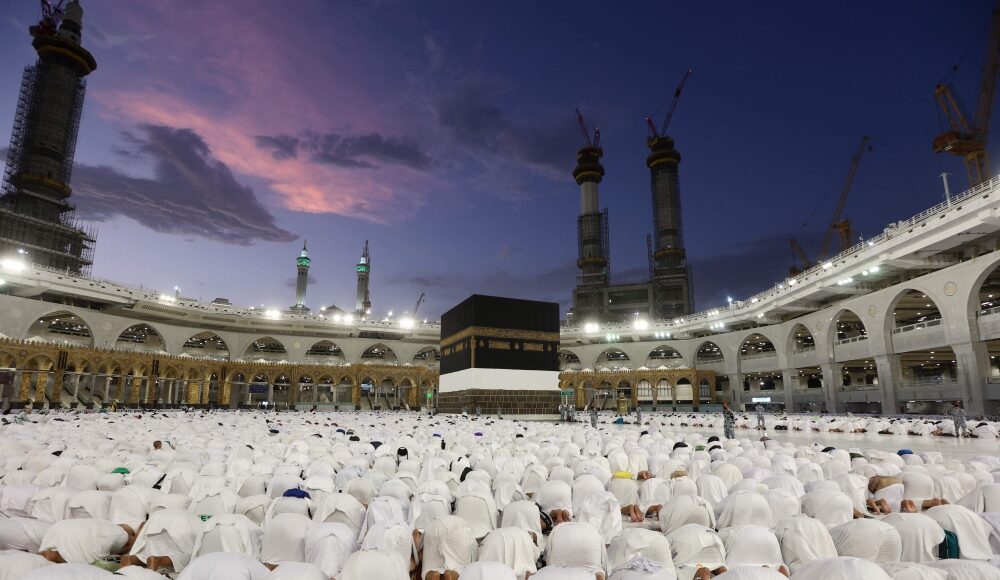APRIL 22 — My wife and I will be performing the Haj this year.
Praise be to Allah, Most Gracious, Most Merciful for the once in a lifetime opportunity.
Haj literally means pilgrimage or travel to a certain place. Legally, it is a pilgrimage to the House of Allah, Baitullah — that is, the Kaaba — in certain times (the month of Haj, Zulhijjah) and perform the obligatory acts of worships of Haj, namely wuquf in Arafah, tawaf (circumambulating the Kaaba seven times in a counterclockwise direction), sa’i (going back and forth between Mount Safa and Mount Marwa) and tahallul (shaving or trimming the hair).
The rituals must be performed within the time prescribed.
The pilgrim must be in a state of ihram — that is, a state of consecration during which pilgrims are required to wear specific garments and abstain from certain actions.
The main difference between Haj and Umrah is Haj is one of the five pillars of Islam and therefore obligatory for every Muslim who is capable of performing it but obligatory only once in a lifetime. — AFP pic
The men don a seamless white cloth, while the women wear a simple, loose white dress that covers their entire bodies. The significance of ihram is to symbolise the equality of all pilgrims before Allah, as the attire removes distinctions of wealth, social status, and nationality.
Haj is the fifth pillar of Islam. It is obligatory for each Muslim, whether a man or a woman, who is capable, but obligatory only once in a lifetime.
Among authorities for the sanctioning of Haj is the following verse:
وَلِلَّـهِ عَلَى النَّاسِ حِجُّ الْبَيْتِ مَنِ اسْتَطَاعَ إِلَيْهِ سَبِيلًا
“And [due] to Allah from the people is a pilgrimage to the House — for whoever is able to find thereto a way.” (Surah Ali-Imran: 97)
A pilgrim must be capable (istita’ah), physically and financially, of performing the Haj before the obligation falls on him or her.
Another verse mentions the word “Haj” and “Umrah” one after another. The verse reads as follows:
وَأَتِمُّوا الْحَجَّ وَالْعُمْرَةَ لِلَّهِ
“And complete the Haj and ‘umrah for sake of Allah.” (Surah al-Baqarah: 196)
Umrah literally means to travel to a populated place. Legally, Umrah is pilgrimage to Baitullah, to perform the acts of tawaf, sa’i and tahallul.
Like Haj, the pilgrims must be in a state of ihram.
Umrah is a shorter version of the Haj. Some call it the lesser pilgrimage.
The main difference between Haj and Umrah is Haj is one of the five pillars of Islam and therefore obligatory for every Muslim who is capable of performing it but obligatory only once in a lifetime.
Umrah is not obligatory and is considered a Sunnah — a practice of the Prophet Muhammad (peace be upon him). It is a highly recommended act of worship that can be performed anytime throughout the year and multiple times.
Umrah offers an opportunity for Muslims to refresh their faith, seek forgiveness and pray for their needs. One who performs it is said to be cleansed of their sins.
So, my wife and I may postpone performing the Umrah at a particular time because it can be performed anytime throughout the year.
But can we postpone the Haj when the obligation has fallen on us?
* This is the personal opinion of the writer or publication and does not necessarily represent the views of Malay Mail.





